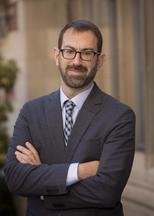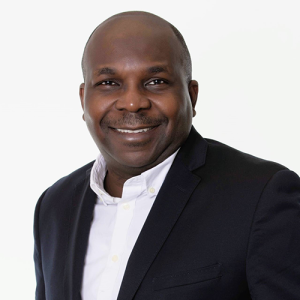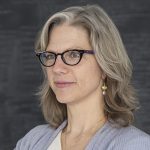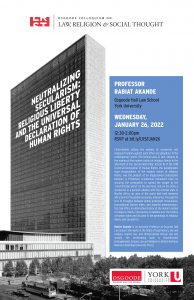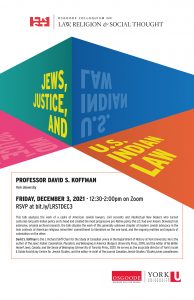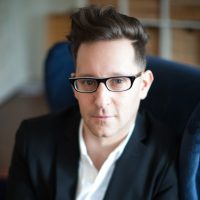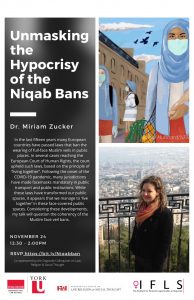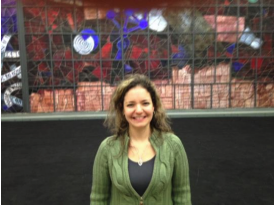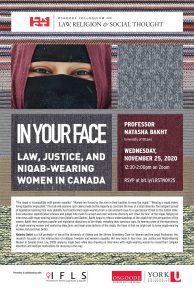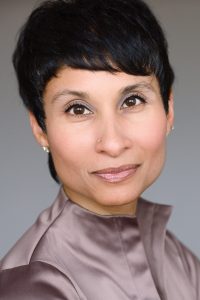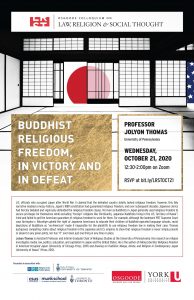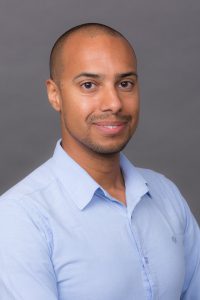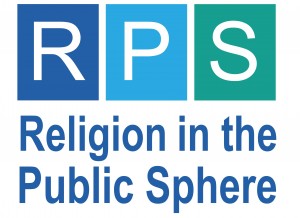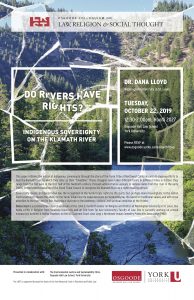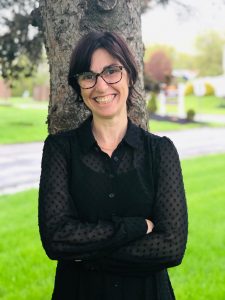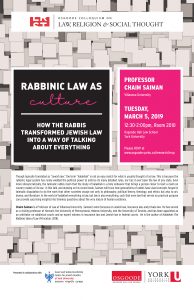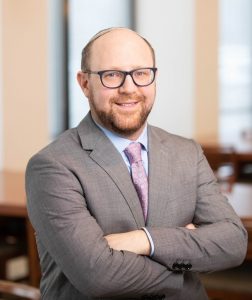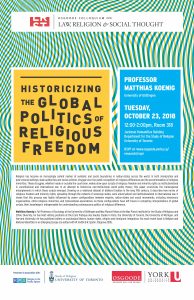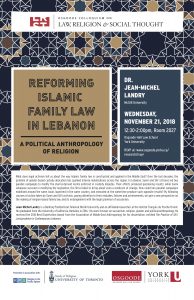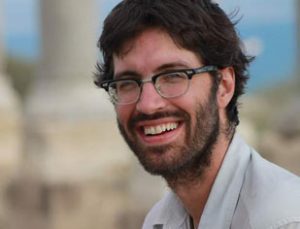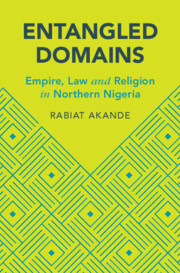 January 24, 2023
January 24, 2023
Book Launch and Panel Discussion — Entangled Domains: Empire, Law and Religion in Northern Nigeria
12:30pm to 2:00pm, Room 2027, Osgoode Hall Law School
Remote participation (by Zoom) also available
Registration Required: https://bit.ly/LRSTAkande
Please join us for this book launch and panel discussion of Professor Rabiat Akande’s new book, Entangled Domains. Set in Colonial Northern Nigeria, this book confronts a paradox: the state insisted on its separation from religion even as it governed its multireligious population through what remained of the precolonial caliphate. Entangled Domains grapples with this history to offer a provocative account of secularism as a contested yet contingent mode of governing religion and religious difference. Drawing on detailed archival research, Rabiat Akande vividly illustrates constitutional struggles triggered by the colonial state’s governance of religion and interrogates the legacy of that governance agenda in the postcolonial state. This book is a novel commentary on the dynamic interplay between law, faith, identity, and power in the context of the modern state’s emergence from colonial processes.
Featuring
Sam Moyn, Chancellor Kent Professor of Law and History, Yale University
Bonny Ibhawoh, Senator William McMaster Chair in Global Human Rights, McMaster University
Pamela Klassen, Professor and Chair, Department for the Study of Religion, University of Toronto

